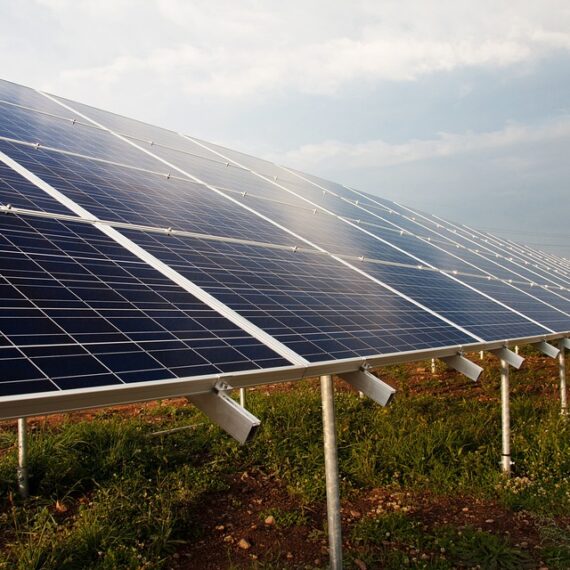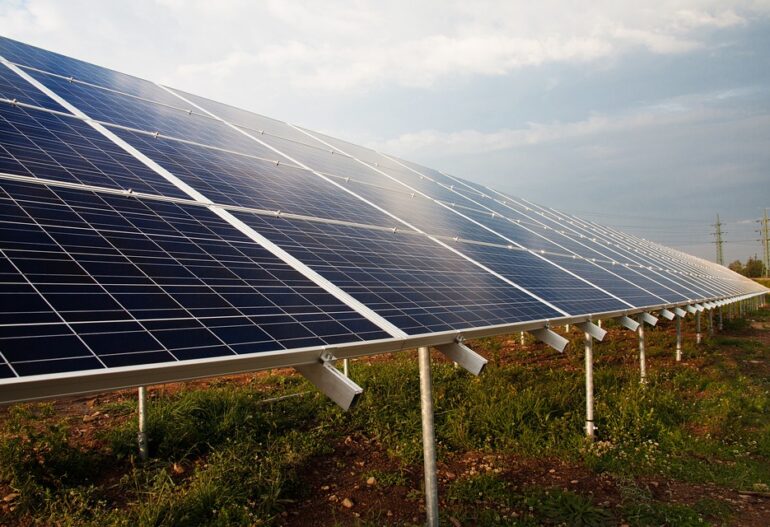Solar panels are a popular choice for generating renewable energy, but like all technology, they will eventually degrade over time. In this blog post, we will discuss how the efficiency of solar panels changes with age and what it means for the performance of your solar panel system.

Solar panel efficiency refers to the amount of sunlight that is converted into usable electricity. When solar panels are new, they typically have an efficiency of around 15-20%. However, as they age, their efficiency will gradually decrease. The rate of degradation can vary depending on factors such as the type of solar panel, the location and climate, and the level of maintenance.
One of the main causes of solar panel degradation is exposure to the elements. Sunlight, heat, and moisture can all cause damage to the cells in a solar panel over time. Additionally, dust and debris can accumulate on the surface of the solar panel, which can reduce its ability to absorb sunlight.
Another factor that can affect solar panel efficiency is the quality of the solar panel itself. Lower quality solar panels may degrade faster than higher quality panels, and may have a shorter lifespan overall. This is why it is important to work with reputable solar panel companies like Jaysis, who can provide you with high-quality solar panels that have been tested and certified to meet industry standards.
It is important to note that the efficiency of solar panels does not decrease abruptly, it degrades gradually over time. The average lifespan of a solar panel is between 25-30 years, and during this time, the efficiency can decrease by around 0.5-1% per year.
To ensure that your solar panel system continues to perform at its best, it is important to schedule regular maintenance and cleaning. This can help to remove dust and debris from the surface of the solar panel and ensure that it is functioning at its optimal efficiency.
In conclusion, the efficiency of solar panels changes with age, and it is important to consider this when investing in a solar panel system. Solar panels typically have an efficiency of around 15-20% when new, but this will gradually decrease over time. The rate of degradation can vary depending on factors such as the type of solar panel, the location and climate, and the level of maintenance. It’s important to work with reputable solar panel companies like Jaysis who can provide you with high-quality solar panels that have been tested and certified to meet industry standards. Regular maintenance and cleaning can help to ensure that your solar panel system continues to perform at its best and can extend the life of your solar panels.
It is also important to consider the warranty offered by the solar panel manufacturer and the solar panel company. Most solar panel manufacturers offer a warranty of 20-25 years, which covers the performance of the solar panel and guarantees a certain level of efficiency over time. It is also important to check if the solar panel company offers any additional warranty on the installation and maintenance of the solar panel system.
When it comes to solar panel efficiency, it is important to remember that it is not just a one-time investment. The efficiency of the solar panel will decrease over time and regular maintenance and cleaning is required to ensure optimal performance. However, even with a decrease in efficiency, solar panels can still generate a significant amount of electricity for many years to come.






